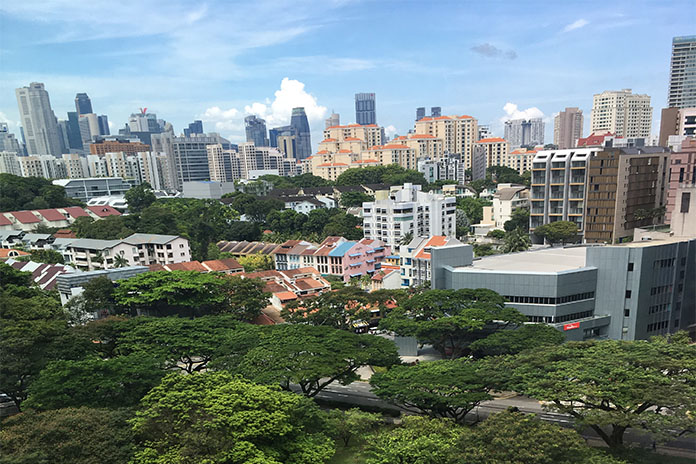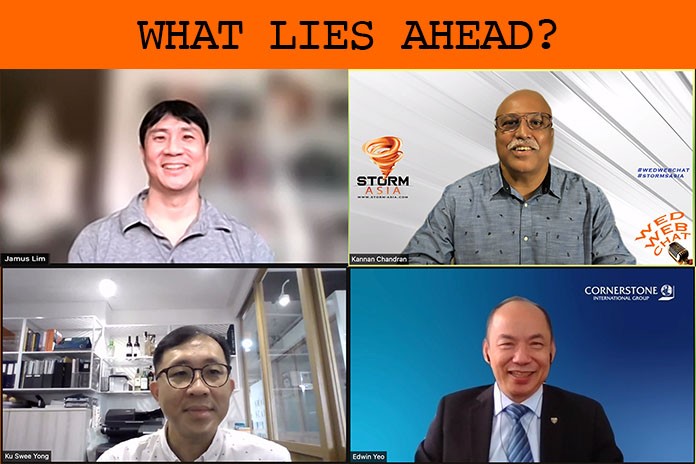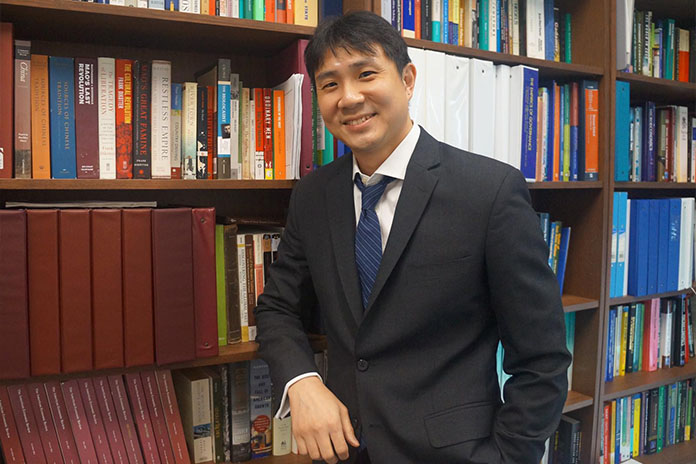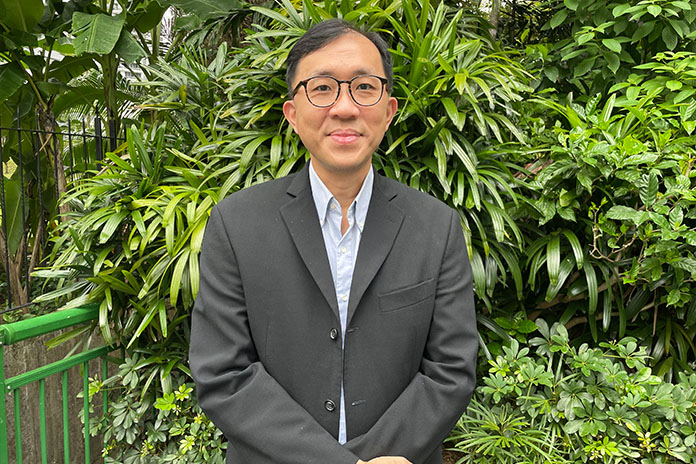
AT the recent WED WEB CHAT discussion on what lies ahead after another year of pandemic measures, the panellists covered various industry sectors, including the property market.
Associate Professor of Economics, Jamus Lim of ESSEC Business School, spoke about the possibility of the government raising the rate for the Additional Buyer’s Stamp Duty (ABSD) to cool a surge in property transactions. And that came to pass later in the day.

Ku Swee Yong, Chief Investment Officer at Kasa Singapore, and a panellist at the WED WEB CHAT commented that “the level of transaction activities was beyond my expectations”.
Based on URA figures, in 2019, there were around 9,900 new private residential property transactions. During the pandemic, the numbers jumped to around 12,300 (2020) and 12,400 up to November 2021.
Additionally, this year, there were more than 19,200 private residential transactions in the secondary market up to November, compared with the near 12,200 transactions in 2020.
Too Sudden?
The government’s swift implementation of the new rates would probably pull the handbrake on the buying momentum. The suddenness of the decision caused Pak Geokchoo, an attendee at the WED WEB CHAT, to comment:
“Like what you all have highlighted during the recent WED WEB CHAT — What Lies Ahead?, we have no place to travel to, and there is a need of additional space due to work from home arrangements, so people are flocking to buy property.
“It is most likely a one-off phenomenon and not a sustainable one.
“Shouldn’t we wait a little longer to let the economy find its own equilibrium while at the same time stay ready to reach out to those on the brink of poverty?
“My concern is that sudden intervention like this upsets people who work in related fields, eg property agents, conveyancing lawyers, etc. With the rising inflation rate and impending goods and services tax hike, wouldn’t the market find its own way of correcting the situation?”

Prevents Overheating
Prof Jamus Lim’s view is that, while the ABSD’s implementation was “somewhat sudden, but it works well to prevent the gaming of the system, and that’s a major part of the problem — the property market has started to overheat due to speculation, rather than genuine need, even taking COVID into account”.
“I do not think that the ABSD will affect the vast majority of Singaporeans, either because they aren’t in the multiple-property category, or because many can apply for exemptions for those with at least one Singaporean spouse,” he added.

Cooling Home Loans
Ku Swee Yong felt “it is disruptive and interferes with the open market mechanism”.
But he did like the new cooling measures, and “the tightening of home loans which have grown $11 billion (or 4.6%) in a year (3Q2021 vs 3Q2020). Restrictions on home loans add additional financial prudence that will help to reduce risks for investors and banks.”





















